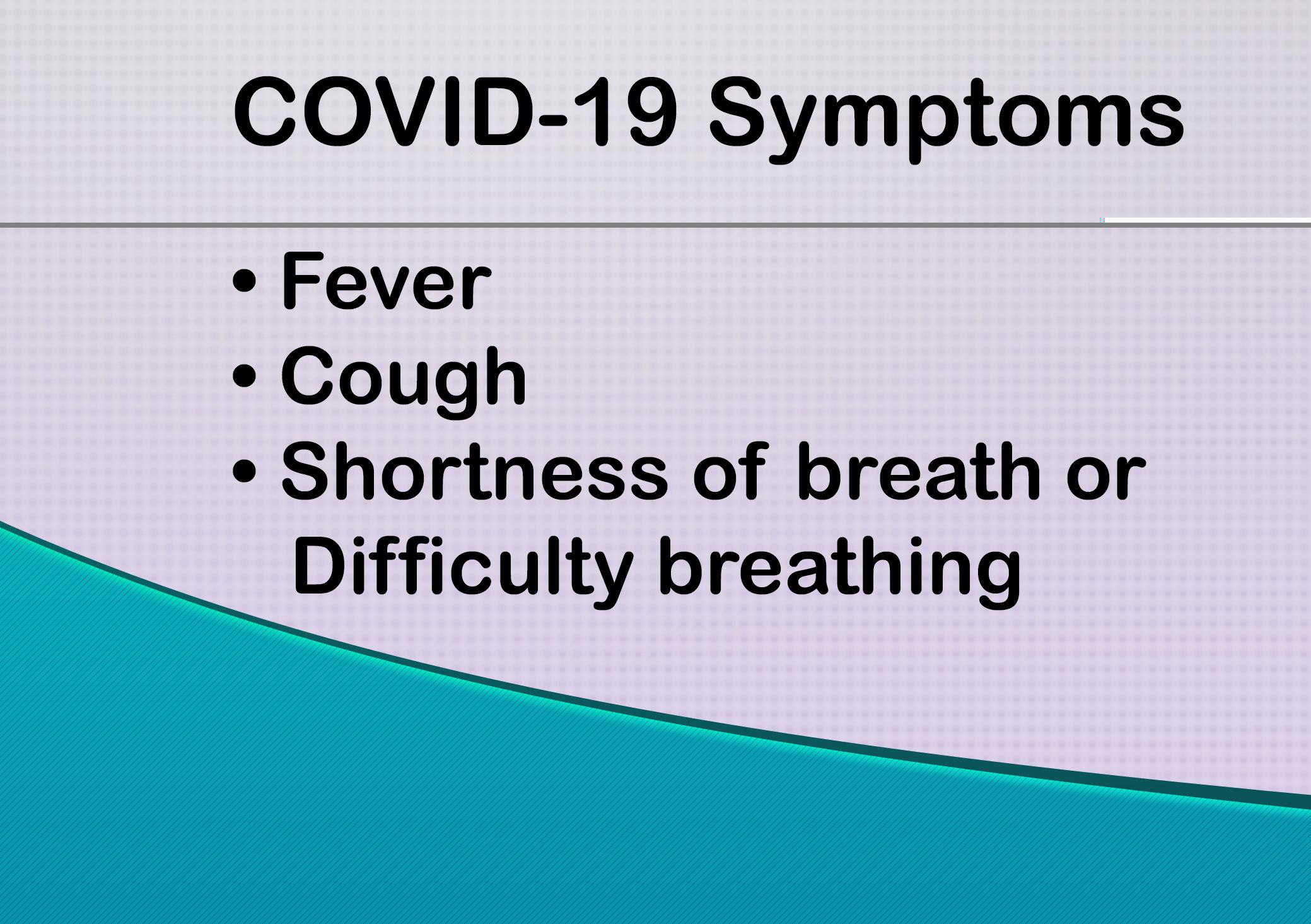
4 minute read
Just the Facts
Just the Facts By Christine Cutler
©Otello Ciavatti
Advertisement
5 As we are all aware, the first outbreak of the respiratory illness now known as coronavirus (COVID-19) was identified in Wuhan, China. Most of those first patients were linked to large seafood and live animal markets, causing officials to report the virus was animal-to-person spread. As the virus continued to spread, most had no link to the markets which, in turn, indicated a person-to-person spread. Coronaviruses are not new. They are a family of viruses that are common in both people and animals, particularly cattle, cats, bats, and camels. Because this virus spread so rapidly, some people have no idea how or where they picked up the virus. Severity Reports from China state that the majority of the COVID-19 cases are relatively mild, but 16 percent are serious. Anyone with an underlying chronic medical condition and senior citizens are at risk of developing serious complications, including pneumonia. In China, 80 percent of those who died were over 60 years of age; in Italy, the epicenter of the outbreak in Europe, the average age of those who have died from the virus is 81.4 years. (Note: Italy has the oldest population in Europe with its median age being 47.3 years; the median age of the US, as an example, is 38.3 years.) In Italy At the time of this writing, Italy has almost 25,000 active cases of COVID-19; more that 1800 people have died from it. Hospitals in the north are under stress with severely ill patients spending more than two weeks in ICU. The sheer number of patients has taxed the staffs, and while the nurse-to-patient ratio should be about 1-to-6, it is currently at 1-to-12 or more. Worse, there is a lack of sufficient number of ventilators, and doctors have to decide which patients receive intubation and which are left to die. Novelia DiGianantonio, a resident of Sulmona who is in her 60s, told me that after reading that doctors are having to choose whom to save, she spent the day crying. “Up until a few days ago I knew that only God could have taken my life,” she said. “Now, I am not sure anymore. I might be too old for the coronavirus, and with this pandemic, human beings can take his place and decide that it is time for me to go. Who gives them the right? Isn't all life precious?” Luckily for Novelia, Sulmona is in the Abruzzo region, one area that has not had a large number of COVID-19 cases. The Italian government’s decision to first quarantine the COVID-19 red zone in the north and then shut down the entire country will help stem the spread of the disease there. (Note the graph on opposite page.) Most countries will face the same problems as Italy if they cannot stop the illness from spreading. There simply are not enough beds and ventilators to handle the sheer number of serious cases that healthcare professionals will face if the virus grows unchecked. “Up until a few days ago I knew that only God could have taken my life. Now, I am not sure anymore…” ~Novelia DiGianantonio
Photo at top: Bologna’s normally busy Strada Maggiore is empty with the lockdown.
Slowing the Infection Rate Joining Italy in lockdown this weekend (March 14) was Spain. Germany will close its borders with France, Switzerland, Austria, Luxembourg and Denmark on March 16. The Netherlands and Ireland ordered all schools, day-care centers, restaurants and bars to close until next month; Morocco has suspended all international flights; and the US banned all flights from China, and state governors are taking extreme measures to mitigate their citizens’ exposure to the virus.




China’s practice of quarantining and lockdowns to lessen exposure to COVID-19 has worked. In addition to closing schools, movies, malls, and nonessential businesses, open businesses must close at 6:00 pm,. They are sprayed with disinfectant, and streets are fumigated regularly. Building sterilization takes place several times a day.


Dr. Anthony Fauci, director of the National Institute of Allergy and Infectious Diseases, advises things will get worse before they get better. He advises the US needs to limit the admission of infected people coming from other countries as well as contain local outbreaks within the country. Taking preventive measures to flatten the spread of the virus will ease the stress on the health system and stem the flow of the illness.
COVID-19 = CoronavirusDisease-2019











